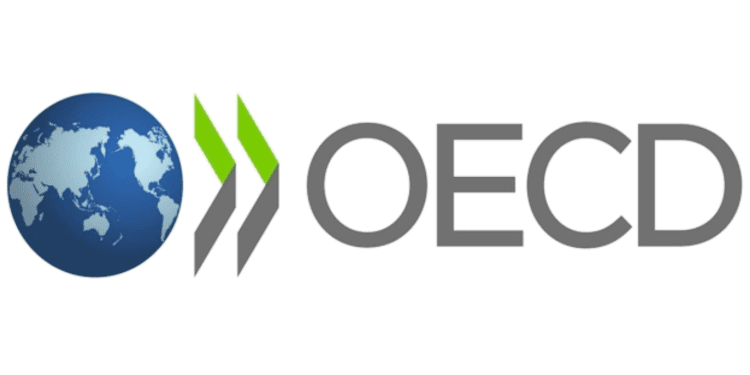Charles Hoskinson reveals his reasons for the Ripple-SEC lawsuit, stating that XRP should be listed as a commodity. All transactions and spending involve risk. It is important to study before making a decision. We do not recommend investing cash that you cannot live without.
The release is based on requests from G20 countries to intergovernmental organizations. This develops a framework to enable cross-country reporting and information sharing on crypto assets.
G2O finance ministers and central bank governors will meet on October 12-13 to discuss views on the new regulatory framework.
The CARF Framework
The CARF Framework builds on specific improvements to the Common Reporting Standard (CRS) that address tax transparency concerns in the digital economy.
Developed with G20 countries, the new transparency initiative comes amid the rapid adoption of cryptocurrencies for a wide range of investment and financial purposes.
Cryptocurrencies can be transferred and held without the intervention of traditional financial intermediaries, banks, or regulators, such as central banks. The crypto market has spawned new intermediaries and service providers such as crypto exchanges and wallet providers. Most of them are currently unregulated.
With such developments, cryptocurrencies and related transactions will no longer be comprehensively covered by the OECD/G20 Common Reporting Standard (CRS). It undermines the increased tax transparency that the introduction of the CRS has provided while increasing the likelihood that it will be used for tax evasion.
The CARF Framework seeks to ensure transparency in cryptocurrency transactions by automatically sharing information about taxpayers with local regulators annually. CARF aims to achieve this goal by targeting companies that provide crypto exchange trading services on behalf of clients who are required to report under CARF.
Most crypto assets such as NFTs, DeFi, cold wallets, wallet addresses, and intermediaries such as crypto exchanges and DeFi providers are now comprehensively covered by reporting standards.
The CARF framework consists of three building blocks: Regulations that can translate into national law, guidelines to support local governments in implementing information sharing, and technical solutions to keep such information sharing.
The CARF proposal comes at a time of uncertainty for the crypto market. Recent fluctuations in the value of Bitcoin and other assets have impacted several crypto companies, leaving budget constraints.
G20 Leaders Demand Digital Tax
The Group of 20 met with officials in Riyadh last weekend. They expressed concern about the delay in plans to introduce a new digital tax on American tech companies.
The New York Times reported on February 22 that after two years of economic fallout from the trade war, G20 leaders threatened to impose tariffs on U.S. tech giants if no deal is reached within the next few months.
G20 Summit Osaka 2019 Tax Proposal
In 2019, G20 leaders said crypto-assets could benefit the financial system significantly. According to the “G20 Leaders’ Osaka Declaration” issued after the announcement of the G20 summit in Osaka last June. The statement includes a proposal to introduce a digital tax system for the global era.
The proposal will result in a higher tax burden for some of the world’s most valuable companies, such as Google and Facebook. It will spur international taxpayers’ money toward a world where economic value comes from data rather than physical goods. It also redefines the basics of taxation.














